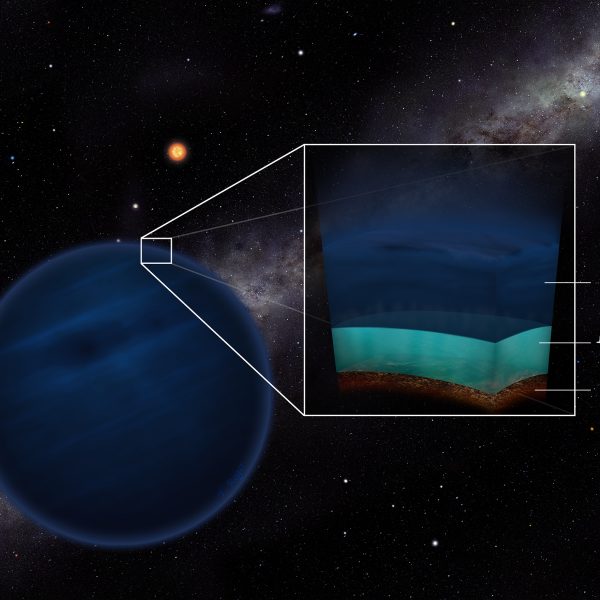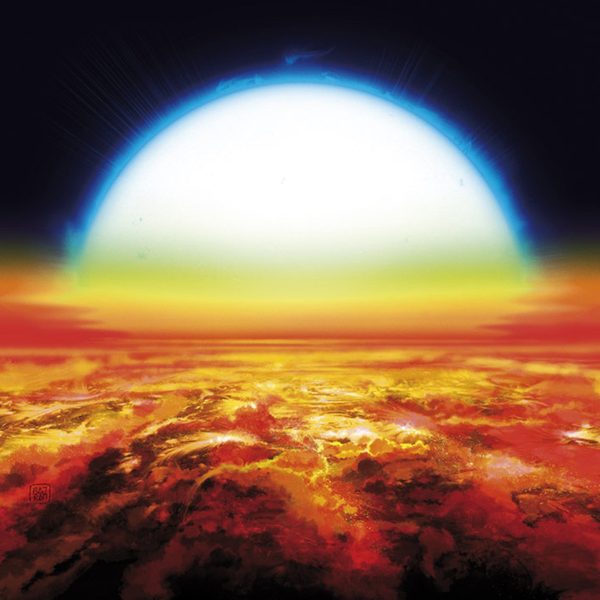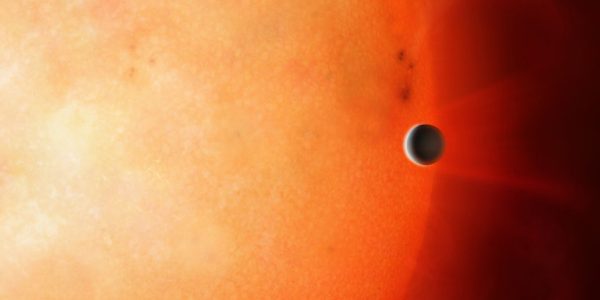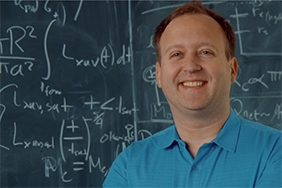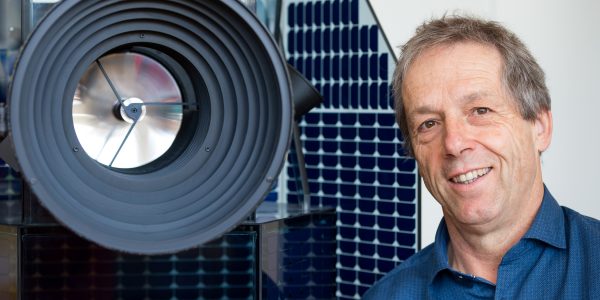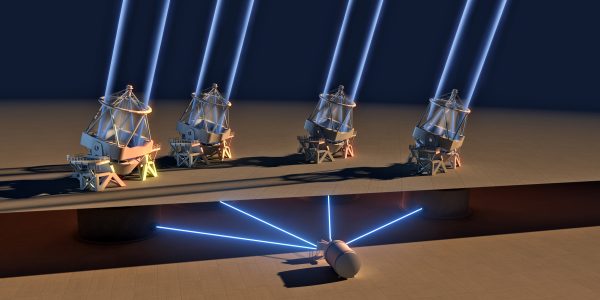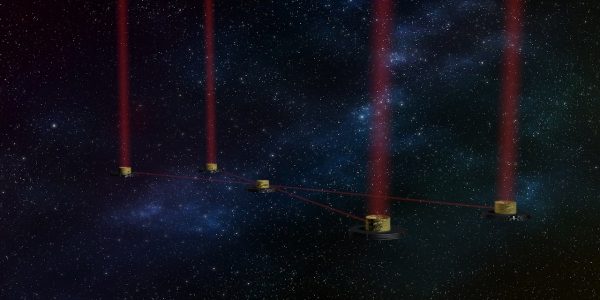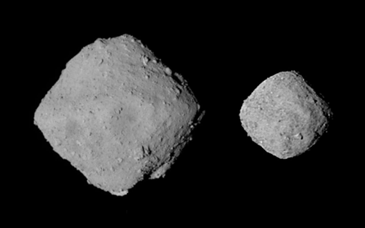Uncategorized
Flyer Programm Nacht der Forschung
[gview file=”https://nccr-planets.ch/wp-content/uploads/2022/08/Vorträge_Flyer.pdf”]
Continue ReadingLong-term liquid water also on non-Earth-like planets?
Liquid water is an important prerequisite for life to develop on a planet. As researchers from the University of Bern, the University of Zurich and the National Centre of Competence in Research (NCCR) PlanetS report in a new study, liquid water could also exist for billions of years on planets that are very different from […]
Continue ReadingNotice to future entrepreneurs
There are still a few places available for a workshop for potential future entrepreneurs which will take place in November in virtual form. [gview file=”http://nccr-planets.ch/wp-content/uploads/2021/10/Bench2Biz_Poster_2021_final.pdf”] [gview file=”http://nccr-planets.ch/wp-content/uploads/2021/10/21_bench2biz-workshop-application-form.pdf”]
Continue ReadingMSc project – Laboratory simulations of the influence of interior composition on exoplanetary atmospheres
Original Content – https://sirop.org/app/7496d233-5832-4519-9367-1617972b92c7 Observations of exoplanet atmospheres provide information as to their composition. In order to link these signatures to their interiors, this project employs high temperature/high pressure experiments to determine the likely compositions of their mantles and atmospheres formed from their evaporation Keywords: Exoplanet, interior, evaporation, atmosphere, experiment, high temperature, high pressure, mantle, […]
Continue ReadingFirst exposed planetary core discovered
Researchers led by the University of Warwick have discovered the first exposed core of an exoplanet, which provides an unprecedented glimpse inside the interior of a planet. Christoph Mordasini from the University of Bern is leading the theoretical interpretation of this discovery.
Continue ReadingThe planetary scientist has one great wish
Christoph Mordasini deals with the formation and evolution of planets inside and outside our solar system. In an interview he explains why the University of Bern has been at the forefront of space research since an experiment on the moon. And he reveals the question to which he would very much like to have an […]
Continue ReadingEditorial
As measures are taken to slowly return to normal life, the amount of damage caused by the Covid-19 on people’s life and economy is starting to show. Help is needed everywhere and is being provided as best as possible by the authorities, but anxiety remains as to how tomorrow will be. This uncertainty about […]
Continue ReadingESPRESSO confirms the existence of an exo-Earth 4 light-years away
An international team of experts, including researchers from the NCCR PlanetS, has confirmed the existence of the Proxima b extrasolar planet using measurements from the Swiss-built ESPRESSO spectrograph. The existence of a planet the size of Earth around the closest star in the solar system, Proxima Centauri, has been confirmed by an international team of scientists […]
Continue ReadingHow we might search for life in the future
The “LIFE” mission, proposed by PlanetS researchers, could help answer questions about the habitability of our cosmic environment by employing a direct approach. When looking up at the sky at night, sooner or later the inevitable question arises: “Are we alone?” So far, science has not found the answer, even though it has been certain […]
Continue ReadingOrigin of two “cosmic diamonds” clarified
“Bennu” and “Ryugu” are two near-Earth asteroids with a diamond-like shape, the origin of which has long been a mystery. Now simulations of asteroid break-ups show how the special shape came about. The results could also help to better understand the processes involved in the formation of the Earth. Around four and a half billion […]
Continue Reading
